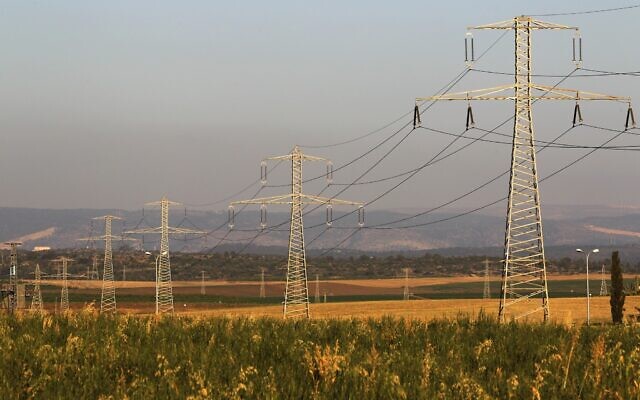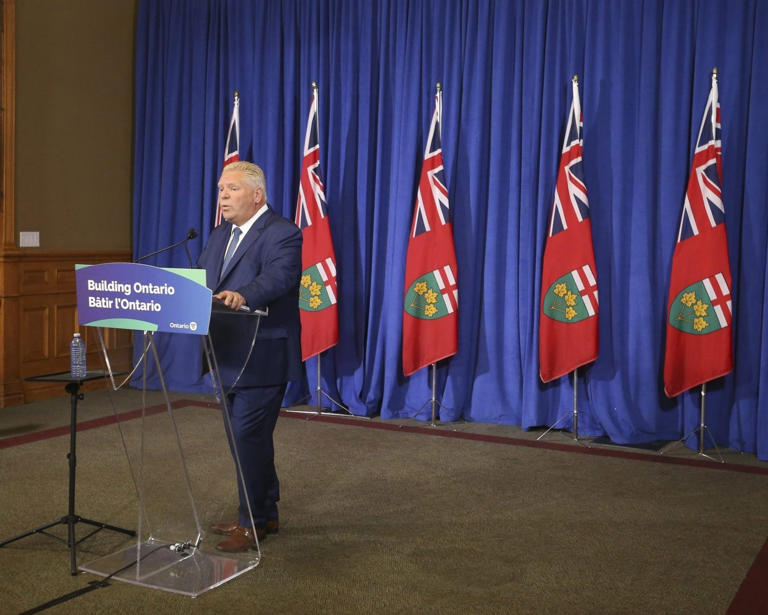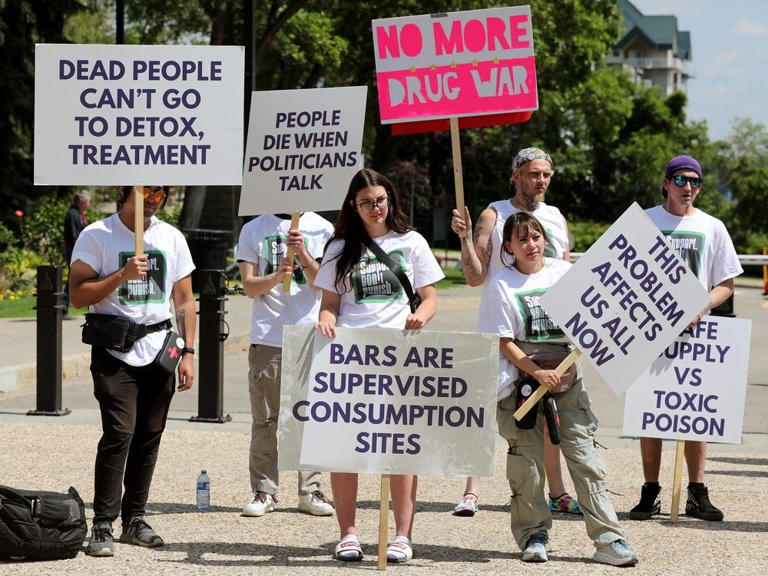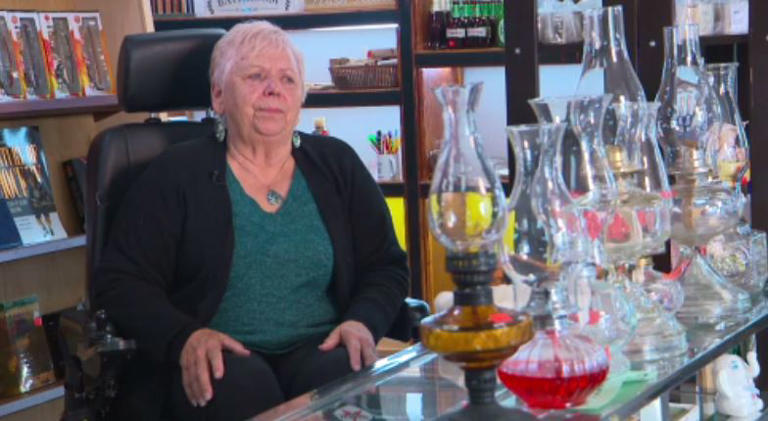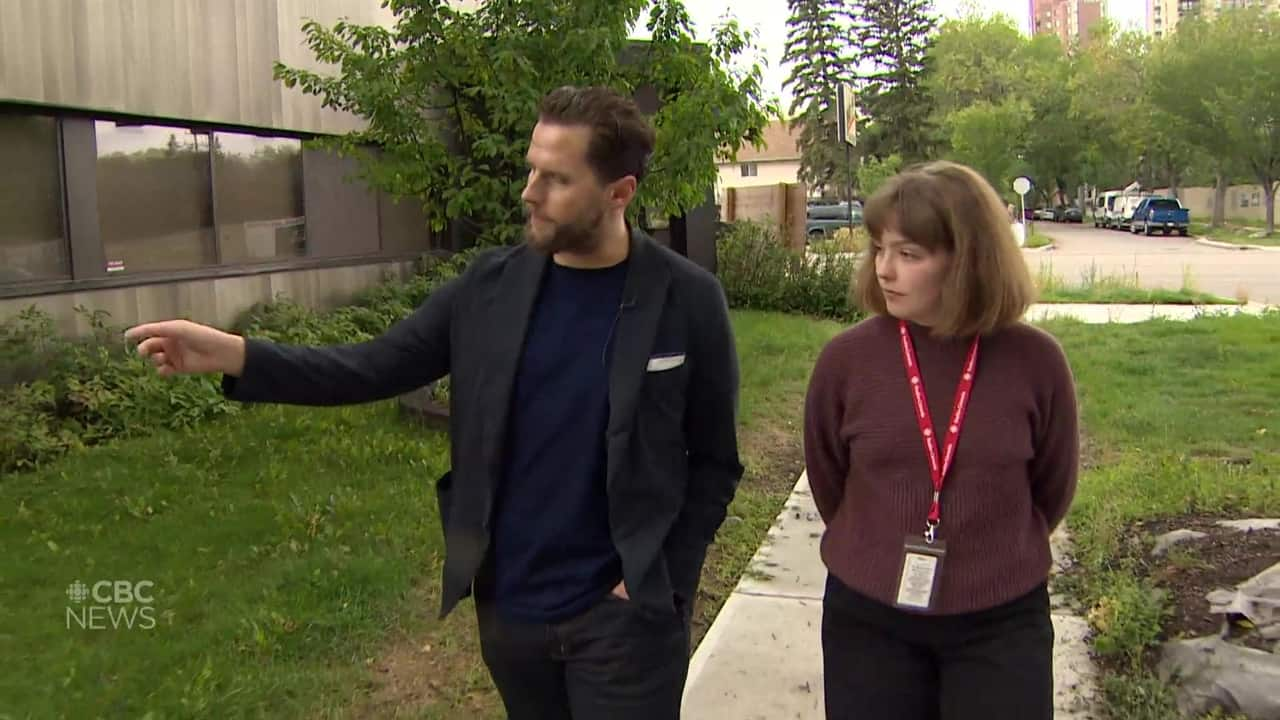Eritrea army accused of ‘war crimes’ in Tigray after peace deal
WEDNESDAY SEPTEMBER 06 2023

People flee the war in Tigray, Ethiopia

By FRED OLUOCH
More by this Author
Eritrean forces allied to the Ethiopian government committed ‘war crimes’ in the Tigray region days before and after Addis Ababa signed a peace deal with rebels.
A report released by rights watchdog Amnesty International says thatwar crimes and possibly crimes against humanity in the Tigray region, immediately before and after the signing of a Cessation of Hostilities Agreement, continued, signalling violations even after war seemed to be over.
The deal was signed between Ethiopia’s federal government and the Tigray People’s Liberation Front (TPLF) on November 4, 2022. But Eritrean troops who had fought alongside Ethiopian National Defence Forces continued with the bad deeds.
Read: Ethiopia, Tigray sign deal to end hostilities
The report: "Today or Tomorrow, They Should Be Brought Before Justice” – Rape, Sexual Slavery, Extra-Judicial Executions and Pillage by Eritrean Forces in Tigray, says that the two armies were responsible for rape and sexual slavery, extra-judicial executions, and looting.
Amnesty International interviewed witnesses, survivors and family members, who testified about the extra-judicial execution of at least 20 civilians, primarily men, by the Eritrean Defence Forces (EDF) in the Mariam Shewito district between October 25 and November 1, 2022.
Related

Eritrean forces allied to the Ethiopian government committed ‘war crimes’ in the Tigray region days before and after Addis Ababa signed a peace deal with rebels.
A report released by rights watchdog Amnesty International says thatwar crimes and possibly crimes against humanity in the Tigray region, immediately before and after the signing of a Cessation of Hostilities Agreement, continued, signalling violations even after war seemed to be over.
The deal was signed between Ethiopia’s federal government and the Tigray People’s Liberation Front (TPLF) on November 4, 2022. But Eritrean troops who had fought alongside Ethiopian National Defence Forces continued with the bad deeds.
Read: Ethiopia, Tigray sign deal to end hostilities
The report: "Today or Tomorrow, They Should Be Brought Before Justice” – Rape, Sexual Slavery, Extra-Judicial Executions and Pillage by Eritrean Forces in Tigray, says that the two armies were responsible for rape and sexual slavery, extra-judicial executions, and looting.
Amnesty International interviewed witnesses, survivors and family members, who testified about the extra-judicial execution of at least 20 civilians, primarily men, by the Eritrean Defence Forces (EDF) in the Mariam Shewito district between October 25 and November 1, 2022.
Related

Eritrea troops leave historic Tigray city
In addition, a social worker who documented extra-judicial executions in the district provided a list of more than 100 names of people who they said had been extra-judicially executed within this period.
“Despite the signing of the Cessation of Hostilities Agreement, atrocities against civilians in Tigray continued with Eritrean soldiers subjecting women to horrific abuse including rape, gang rape and sexual enslavement, while civilian men were extrajudicially executed,” said Tigere Chagutah, Amnesty International’s Regional Director for East and Southern Africa.
Amnesty International interviewed 11 survivors of rape and sexual slavery in Kokob Tsibah district, where more than 40 women told a local civil society organisation that they had been subjected to rape and sexual slavery in the period after the signing of the peace deal.
Read: Looting, rape stalk Ethiopia's Tigray
Despite suffering numerous injuries, survivors of rape and sexual slavery did not receive post-sexual violence care or any comprehensive medical care. Most of them only obtained medical treatment after the EDF (Eritrean Defence Forces) left Kokob Tsibah on January 19, 2023, more than two months later, Amnesty International said.
The report says that Eritrean soldiers stationed in Mariam Shewito and Kokob Tsibah districts engaged in intentional killings of civilians, mostly men, while conducting house-to-house searches of houses and residences, allegedly in pursuit of members of the Tigrayan forces and their supporters. Multiple interviews supported claims that victims of extra-judicial executions were civilians. Given that these acts were committed in a non-international armed conflict, such executions amount to the war crime of murder.
The Ethiopian government did not immediately respond to the allegations, but the Eritrean government said the report by Amnesty International had “no substance or merit.”
Read: Ethiopia accuses Human Rights Watch of digging up old wounds
“Amnesty relied on long-distance or remote interviews, with no mechanism for validation, to populate its latest assault on Eritrea and its people,” said Eritrean Permanent Mission to the UN in New York.
“The incessant attempts by self-serving external forces to drive a wedge between the two countries, to systematically create and promote hate, is unacceptable. Amnesty should endeavour to do humanitarian work and not to be used to perpetuate and incite conflicts between brotherly nations.”
In addition, a social worker who documented extra-judicial executions in the district provided a list of more than 100 names of people who they said had been extra-judicially executed within this period.
“Despite the signing of the Cessation of Hostilities Agreement, atrocities against civilians in Tigray continued with Eritrean soldiers subjecting women to horrific abuse including rape, gang rape and sexual enslavement, while civilian men were extrajudicially executed,” said Tigere Chagutah, Amnesty International’s Regional Director for East and Southern Africa.
Amnesty International interviewed 11 survivors of rape and sexual slavery in Kokob Tsibah district, where more than 40 women told a local civil society organisation that they had been subjected to rape and sexual slavery in the period after the signing of the peace deal.
Read: Looting, rape stalk Ethiopia's Tigray
Despite suffering numerous injuries, survivors of rape and sexual slavery did not receive post-sexual violence care or any comprehensive medical care. Most of them only obtained medical treatment after the EDF (Eritrean Defence Forces) left Kokob Tsibah on January 19, 2023, more than two months later, Amnesty International said.
The report says that Eritrean soldiers stationed in Mariam Shewito and Kokob Tsibah districts engaged in intentional killings of civilians, mostly men, while conducting house-to-house searches of houses and residences, allegedly in pursuit of members of the Tigrayan forces and their supporters. Multiple interviews supported claims that victims of extra-judicial executions were civilians. Given that these acts were committed in a non-international armed conflict, such executions amount to the war crime of murder.
The Ethiopian government did not immediately respond to the allegations, but the Eritrean government said the report by Amnesty International had “no substance or merit.”
Read: Ethiopia accuses Human Rights Watch of digging up old wounds
“Amnesty relied on long-distance or remote interviews, with no mechanism for validation, to populate its latest assault on Eritrea and its people,” said Eritrean Permanent Mission to the UN in New York.
“The incessant attempts by self-serving external forces to drive a wedge between the two countries, to systematically create and promote hate, is unacceptable. Amnesty should endeavour to do humanitarian work and not to be used to perpetuate and incite conflicts between brotherly nations.”

